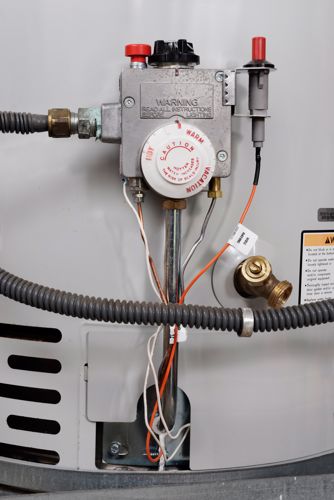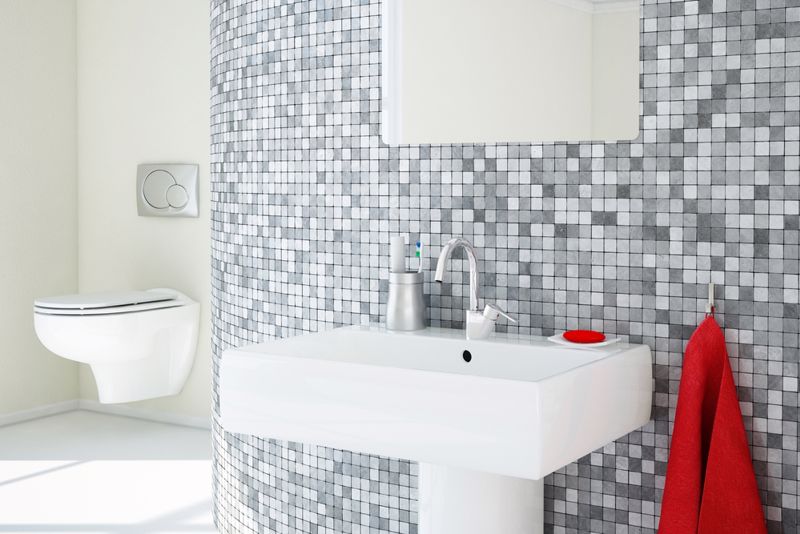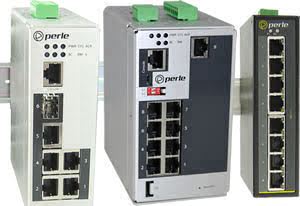
Smart Water Meters Help Drain The Water-Crisis
By Max BurkhalterAugust 30, 2022
Water is a finite resource that we need to be careful with. With populations increasing and climate change, the water crisis is only becoming more urgent. There are many ways to reduce your water usage at home, but sometimes we have to look at the bigger picture. The government will need to take better action for us to come up with a solution for this global issue. However, companies can begin taking an innovative role in the market to provide products that attempt to overcome this issue – such as the implementation of smart water meters using internet of things (IoT) technology.
Smart water meters are becoming more mainstream.

Transforma Insights predicts that there will be 700 million smart water meters in use by 2030. According to the report, this new tech has begun to help solve the water scarcity crisis due to consumption and unnecessary loss. The benefit of these smart meters is their "ability to monitor and diagnose domestic, commercial, and industrial water consumption patterns as well as track costs with respect to resource utilisation."
At the end of 2021, there were 196 million smart meters installed and deployed, with most of them being in the Greater China and North America regions. As more communities implement these new technologies, expecting to "pay back" their initial investment with the cost savings over time, it will be up to the homeowners themselves to schedule the upgrade of their meters with their local utility company. Many cities are implementing fines for dwellers who refuse to have their meters to be replaced.
A smart water meter is a device that measures the flow of water in a home via advanced metering infrastructure (AMI). A smart water meter works by measuring and recording the volume of water being consumed. The meter sends this information to a remote database for analysis, which can then be accessed by both consumers and utility companies. Consumers can access their data through various channels such as phone, web or mobile apps, while utility companies have access to this data in order to keep track of consumption patterns and better plan infrastructure upgrades.
The advantages of using these types of devices municipally are:
- It helps to reduce consumption, which can help people and communities save money.
- It monitors leaks and other problems.
- It can be used to monitor the usage and consumption habits of households.
- The data is transmitted over the internet, so it can be accessed remotely.
The workforce involved in the water/utilities industry will need to adapt to these continued changes as more municipalities invest in smart meter infrastructure. Training will need to evolve to include knowledge surrounding IoT technology and the equipment and devices that monitor and operate them.
Perle Systems is a leader in IoT technology
Perle provides advanced resources and equipment ready to aid and scale those organizations within the energy and utilities industry. Interested in learning more about how Perle is helping to evolve the IoT industry via industrial switches and terminal servers? Reach out for a conversation with an expert today.



